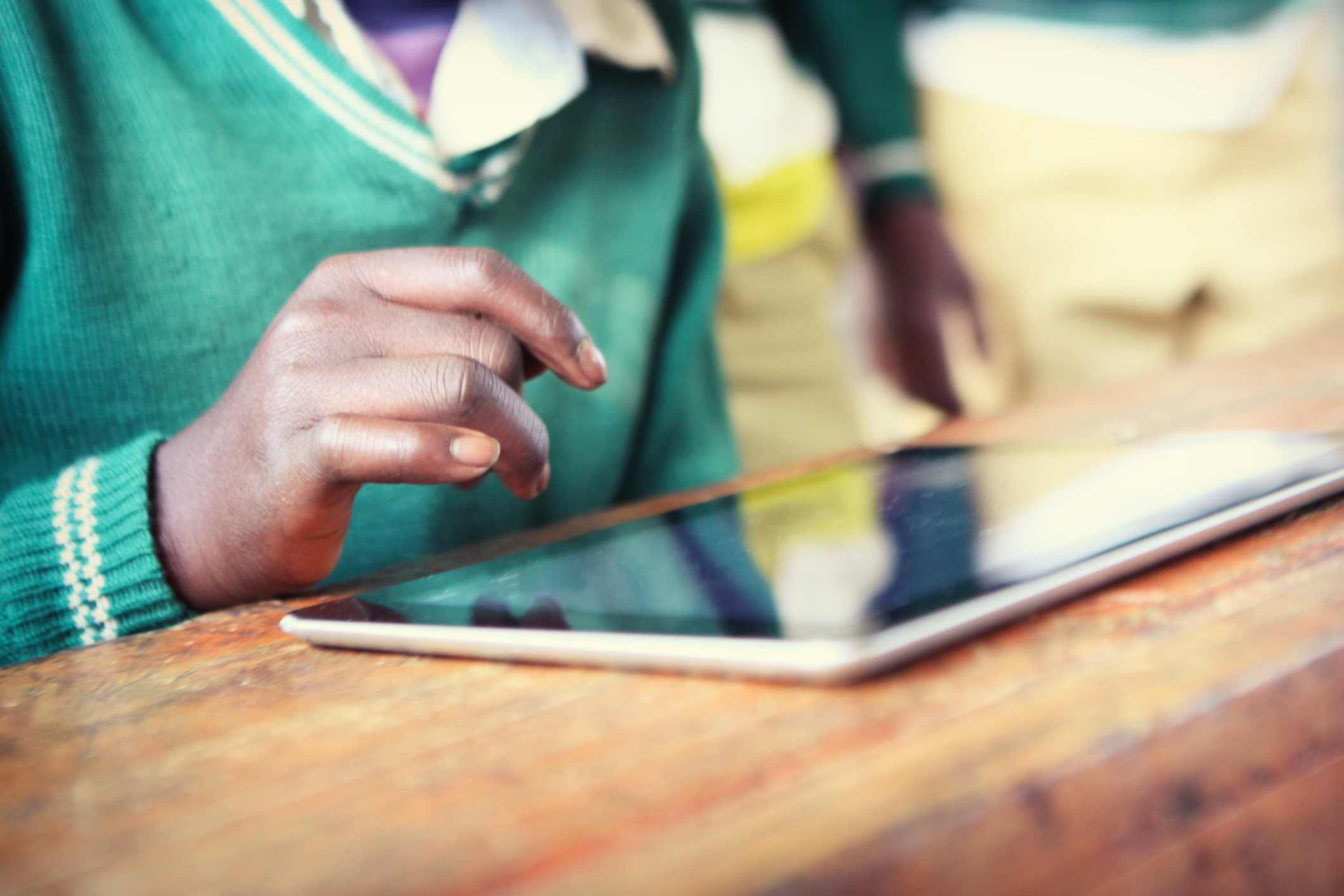As world leaders gather in New York City for the United Nations General Assembly, there’s a lot to get done, with just six years left to achieve the bold ambitions laid out for the world’s 2030 agenda.
When world governments agreed to the 2030 plan back in 2015, a decade and a half seemed like plenty of time to achieve the 17 Sustainable Development Goals (SDGs) designed to create a more prosperous, safe and fair global society. While amazing progress has been made, we are in danger of falling short. I believe the U.N.’s goals can be attained through a collaborative commitment to make digital networks available to everybody in the world.
[time-brightcove not-tgx=”true”]
Mobility, broadband and the cloud are the infrastructure of 21st century life and everybody should have that opportunity. When they do, the U.N.’s goals become easier to attain because these networks help people participate in education, healthcare, financial services and markets. That helps societies grow richer, fight disease and pandemics, create cultural exchange and equality, and spread the power of computing and machine learning so that it can be used to solve environmental problems.
Right now, 2.6 billion people around the world are not online—that’s almost a third of the population. Having so many people offline creates real world problems that harm public health, social equality and economic development. More than 2 billion people around the world lack access to adequate healthcare, some of which can be delivered through telehealth with medicines delivered by online pharmacies. 1.4 billion people around the world do not have bank accounts, which can be solved by decentralized financial institutions offering mobile accounts and payment apps. A quarter billion children have no access to education in an era where the internet can bring world class instructors to students worldwide. The emergence of artificial intelligence services, which rely on networks for computational power and to reach end users, is another area where we risk leaving people behind without network access.
Working with a group of private and public sector leaders and the World Economic Forum, the EDISON Alliance, established on the heels of the COVID-19 pandemic, seeks to address the digital divide in measurable ways. We saw an opportunity to act collectively, because the pandemic’s social distancing had created an immediate need for network services and because the launch of 5G networks greatly increased the capacity of those networks to bring service to more users and devices. In 2024, with broadband, fixed wireless access and satellite, we can reach more people than ever before. Still, we are leaving too many people out. We learned quickly that affordability, accessibility and usability were the three main obstacles to bringing people online.
In 2021, the Alliance embarked on the 1 Billion Lives Challenge, where we and our partners pledged to improve 1 billion lives around the world by delivering digital services in education, healthcare and financial services. Our goal was to achieve this by the end of 2025, but we crossed 1 billion lives this month, more than a year ahead of schedule, with Alliance members executing 320 projects across nearly 130 countries.
Everyone involved, from companies like Mastercard to governments like Bahrain and Rwanda, have committed to a multi-stakeholder approach to reaching people, where the public and private sectors work together to solve problems in economically feasible ways. Together, we have addressed diverse problems, from digital skills education to handset and device affordability.
Verizon contributed by expanding its responsible business program. Since the start of the 1 Billion Lives Challenge in 2021, our Verizon Innovative Learning programs accelerated to bring digital devices and technology training to more than 6 million students in the United States, increasing the number of students we have helped to nearly 8 million since the program started in 2012. Our partners at Apollo Hospitals brought telehealth services to inaccessible mountainous regions of India, reaching more than 30,000 patients in need. And our partners at the U.N. Development Programme worked with the government of Bangladesh to set up more than 4,500 digital centers to revolutionize the delivery of public services, empowering more than 9,000 micro-entrepreneurs along the way. EDISON has also worked with the government of Rwanda to completely digitize payments in a country where much of the population is unbanked.
As the U.N. enters the final third of its journey towards achieving its 2030 agenda, those working on each of the SDGs should consider how networks can help accelerate their progress and how digital inclusion supports these goals by giving people access to the markets and digital payment systems that support prosperity, telehealth services to improve and lengthen people’s lives, and access to educational opportunities that promote equality. At EDISON, we proved we can use these networks to positively impact lives in measurable ways. We stand ready to help the U.N. move society forward now.

